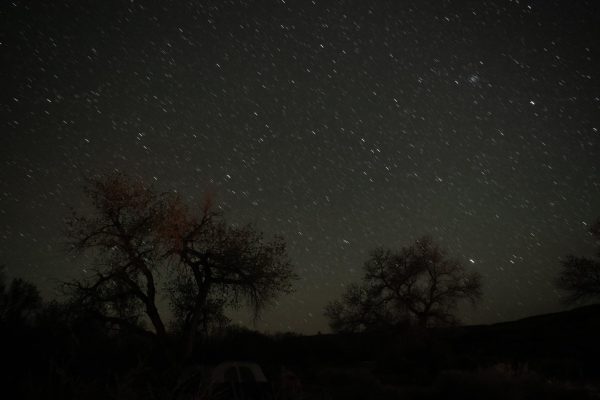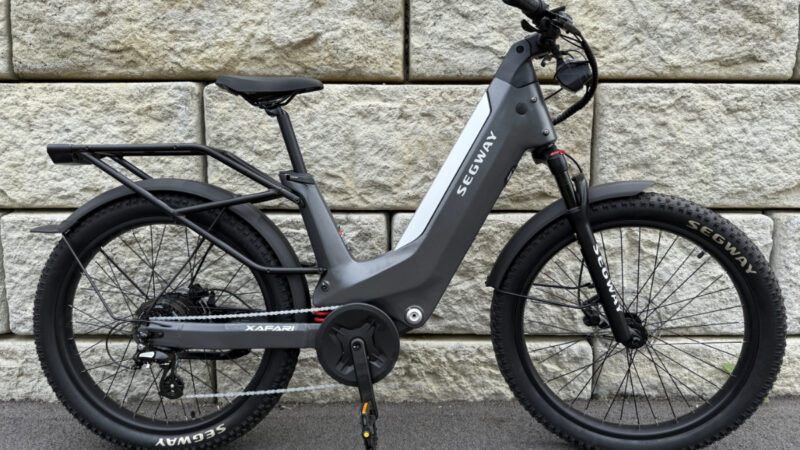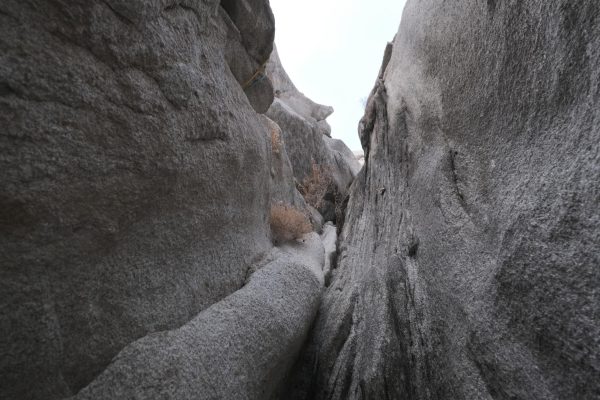Does Environmentalism Matter in the Long Run?
Header Photo by Ryker Ray
Coastal cities underwater and pummeled by natural disasters at an increasing rate. A New Pangaea where mass extinction takes place on such a large scale species diversity becomes homogeneous across the globe. Wealth disparities widening between the corporate elite and exploited laborers. These are the impacts we hear about on a daily basis and the events we can expect to witness within the next century. There’s no shortage of reminders about what will happen if we don’t take climate action seriously, but no one ever talks about what could happen if we do.
What happens when we do the right thing?
Nearly 7 million people die due to air pollution every year, facing symptoms including inflammation and oxidative stress that undermine heart and lung health. By phasing out fossil fuels these deaths could be prevented. This benefit alone is cause for action, but improving air quality would also reduce stress on our healthcare systems and allow people to generally live longer, healthier lives.
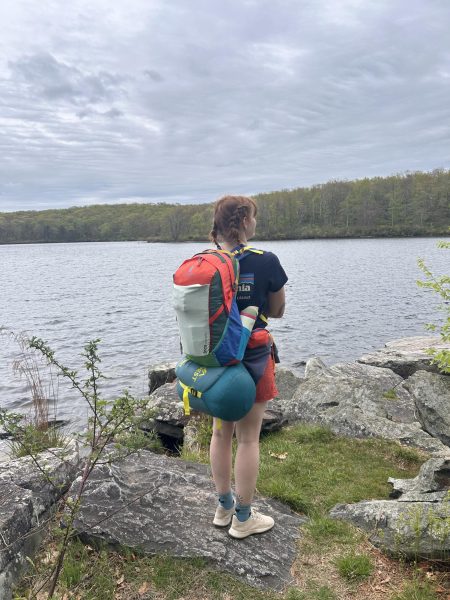
Many people gripe with the long wait times and near impossible pursuit of finding new healthcare providers, but seldom make the connection that as we improve our environment we can spend less time in the hospital forking out extreme costs just to survive. When you fight against air pollution you’re fighting for a future where you’re healthy enough to pursue your goals and hobbies without fearing for your financial future or ability to get proper treatment when you need it.
Additionally, rising temperatures threaten food security, which have already led to negative consequences. Tropospheric ozone has caused yearly losses of around 110 million tonnes of staple crops. By reducing the greenhouse gas, methane, from the atmosphere the US could save between 4 and 33 billion dollars per year.
This raises the important point that our polluting behavior is costing us money. One of the biggest concerns people have about combating climate change and transitioning to clean energy is that it will hurt the economy. The truth is our exploitative behavior is costing us now. By switching to renewables we can save money and lives. Though the US has not been known to properly distribute food resources, this change would also lead to greater crop output, potentially lessening food insecurity.
Corporations will have you believe that renewable energy is costly and unreliable, but the truth is that fossil fuels are on their way out anyway. There are only so many dead dinosaurs buried under the ground for us to extract from, meaning even fossil fuels are finite. The question is, are we so attached to our hyper-consumerist culture that we’ll destroy the very thing that keeps us alive just for 80 more short years of accumulation?
It’s predicted by the IPCC that, if we continue on our current track, by 2100 we’ll see 1.7 billion people experience life-threatening heat waves at least once every 5 years. Hundreds of millions of people will be exposed to risks and poverty. Coral reefs will be virtually nonexistent, and global fishery catches will decline by 1.5 million tons. We are certain to return to a greenhouse state, which humans have never existed in before, if we use up all the fossil fuel resources. This means we can’t foresee all the possible risks.
On the same token, if we take action now we can prevent the poverty of hundreds of millions of people. We can prevent millions of heat and pollution related deaths, and we can protect the biodiversity that keeps our ecosystems from collapsing and destroying our food supply.
I understand the urge to shut down in the face of all the bad news, but I urge you to consider what world you’d like to experience the rest of your life in and what world you’d like to leave behind.
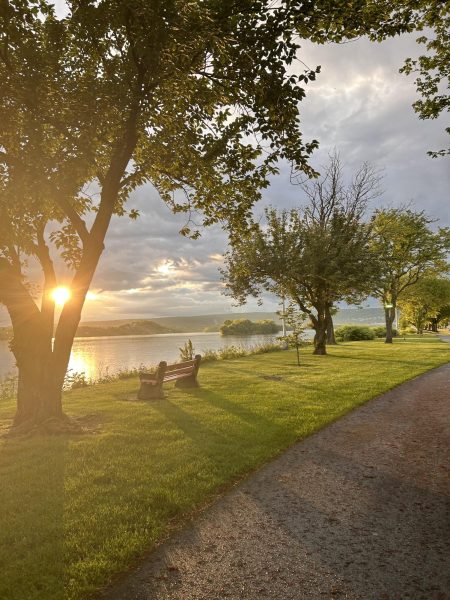
I like to imagine a world where all four seasons still occur. Where people can engage in well-loved traditions like hiking in the summer and making a hot cup of cocoa in the winter while watching the snowfall outside. I like to imagine children being able to identify plants instead of cereal brands lining shelves under fluorescent lights and running around outside without developing lung cancer down the line. I like to imagine vibrant communities where people come together to plant gardens, ensuring everyone has access to fresh produce and a place to socialize without spending money.
In my visions for a better future people have the time and space to appreciate being alive because they aren’t overburdened with financial fears and sluggish work responsibilities. They can go to the doctor when they need to, because they can afford it. I can walk my dog in the summer without worrying about the sidewalk being too hot for her paws and leave my house without waiting for my car to cool down enough to touch the steering wheel in the midst of heatwaves. Environmentalism matters to me.
For many others, those who aren’t as shielded from the extreme impacts of climate change as we are in developed countries, environmentalism is the difference between becoming climate refugees and building a life in the home of their choice. It’s the difference between being able to feed their families and experiencing crop failure and famine. Those most affected by climate change often contribute the least to it. It’s our responsibility to hold our governments accountable for these disparities.
You don’t have to save the world by yourself, but environmentalism absolutely matters. By fostering strong relationships with the people around us, even the ones we disagree with on numerous fronts, we can fight for a common future for everyone.
The post Does Environmentalism Matter in the Long Run? appeared first on Wasatch Magazine.
Source: https://wasatchmag.com/does-environmentalism-matter-in-the-long-run/

